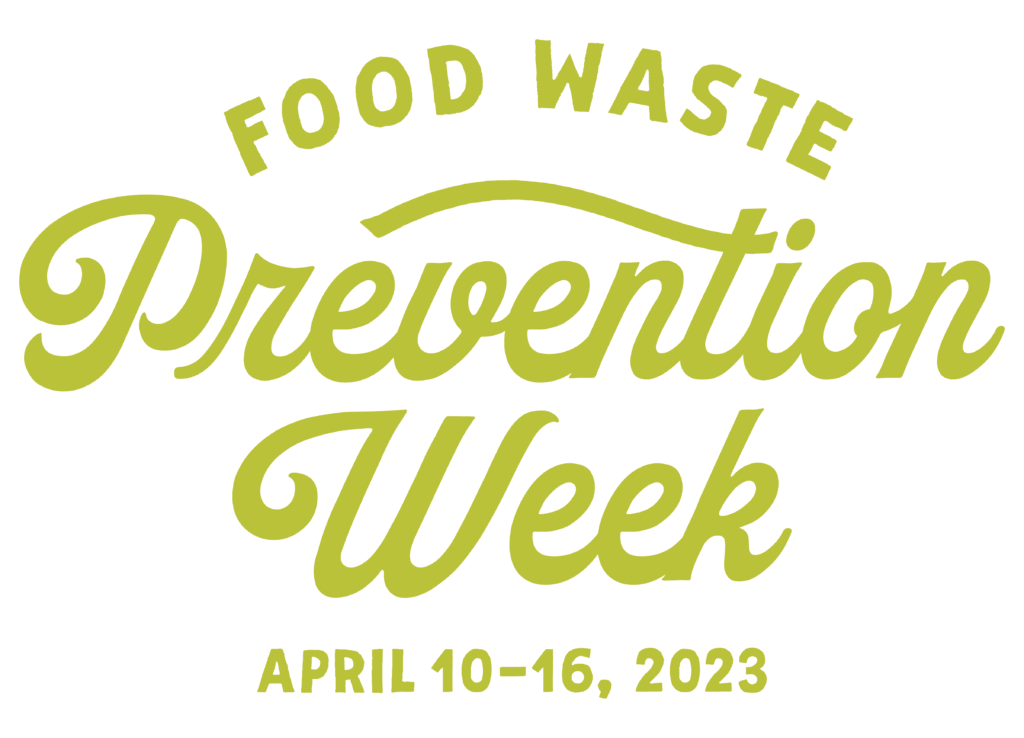Food Waste Prevention Week (FWPW) is being celebrated nationwide for the first time this year. Started in 2020 in California, this year’s is being celebrated from April 10-16. The event was picked up in Florida after a school administrator was horrified by the amount of cafeteria food waste she saw. She did a waste audit with students, showing them how much unopened food had been discarded. From there, FWPW began to take off around the country. Each year has seen increased interest in promoting food waste prevention methods through events and contests.
This year, over 500 partners across the U.S. and some internationally are celebrating Food Waste Prevention Week. Some of the events include a biochar giveaway, composting workshop, art contest, and webinars highlighting what local businesses are doing to prevent and recycle food waste. Breweries are even getting involved through a Bread to Tap event, hosting trivia and offering beverages such as cider made with fruit that would have been discarded due to imperfections.
Though FWPW has been officially branded, other organizations, such as Get Food Smart TN and the Food Processing Suppliers Association, have put forth similar initiatives in the past. They have focused on encouraging families to keep track of their food waste, educating food workers about sell by and expiration dates, meal planning, teaching children about how to prevent food waste, and making hardy meals using imperfect foods that would normally be discarded.
When food waste prevention mechanisms are operationalized, the educational component is a major factor. Promoters of food waste recycling initiatives often find that assumptions about how to deal with wasted food and fears over liability prevent more food from being recycled or donated. The Good Samaritan Food Donation Act, signed in 1996, ensures that food donated in good faith will not garner a lawsuit should someone get sick after eating it. By educating consumers and food service professionals about such schemes, large scale food operations may feel empowered to donate excess food.
FWPW offers free marketing resources to partners on its website, including event flyers, a communications and messaging toolkit, children’s book lists focused on food waste prevention, and a social media calendar to adequately promote Food Waste Prevention Week. Some videos offer statistics about how much money an average household throws away annually by wasting food—an estimated $1500 per year. Promoting a new concept for widespread adoption can often be more successful when tied to an individual or household’s out-of-pocket expenses.
Since the launch of Food Waste Prevention Week, awareness about food waste recycling methods has increased and more organizations seek to hold events in solidarity with the organization’s mission. If truly successful, participants will create long-term food waste reduction and recycling schemes beyond the end of Food Waste Prevention Week.














